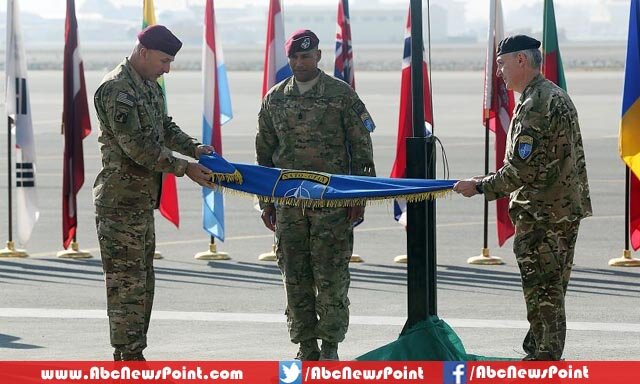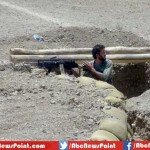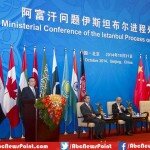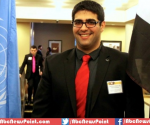NATO Ended Its War In Afghanistan NATO Lowers Flag On Its Afghan War
It is on stock more than mixed that NATO will leave Afghanistan, on 1 January. The recent violence in the country have highlighted the inability of the international force to defeat the Taliban insurgency.
It is a ceremony that is brewing in the utmost discretion. After 13 years of making use conflict, the fighting force of NATO, ISAF, will drop its flag, Sunday, December 28, and will cease operations in Afghanistan on 1 January. But to avoid the risk of attack by the Taliban , in a country still plagued by a violent insurgency, NATO did not disclose the details of this event at the last moment.
The Isaf then give way to support the mission and resolved 12,500 of his men will remain on site to assist and train the Afghan army, itself consisting of about 350,000 men.
“We are quite proud of what we did here,” declared the end of October an American officer, who was among the first Marines to set foot in the region in autumn 2001 when the coalition led by the Americans had chased the Taliban to power in Afghanistan since 1996.
The assessment of NATO, however, remains overshadowed by the death of 3500 soldiers, and could continue to increase. If the flag is lowered ISAF in Kabul, the Taliban, for their part, do not make weapons and continue to perpetrate suicide attacks in the Afghan capital.
The 13 years of US mission and NATO have been an absolute failure in Afghanistan. The ceremony today is their failure, said AFP spokesman Zabihullah Mujahid insurgents.
A failure attested various balance sheets. According to the UN, the number of civilian casualties increased by 19% in, with 3,188 reported dead end of November. As for the Afghan police and army, they suffered heavy losses with more than 4,600 deaths in the first ten months of, more losses than all contributors NATO countries since 2001.
Since 2001, billions of aid dollars have been spent in Afghanistan by the international community, but with a relative efficiency given the endemic corruption.
NATO also fears that the Taliban are trying to return to the front of the political scene by taking advantage of the vacuum created by the chaotic presidential election in. While he was an example of a country reconciled with a democratic transition flawless, the election was marked by accusations of fraud and a dangerous face-to-face between the two candidates in the second round and their supporters.
Ashraf Ghani finally won over his rival Abdullah Abdullah, but the two men, who were to form a government of national unity, have still not agreed.
































